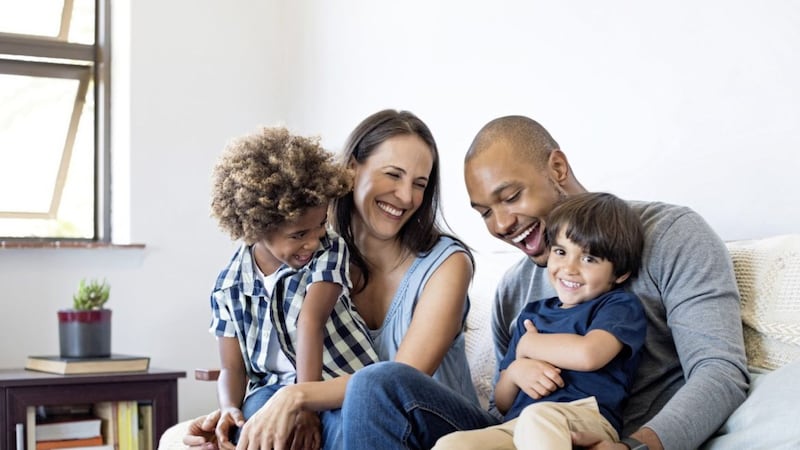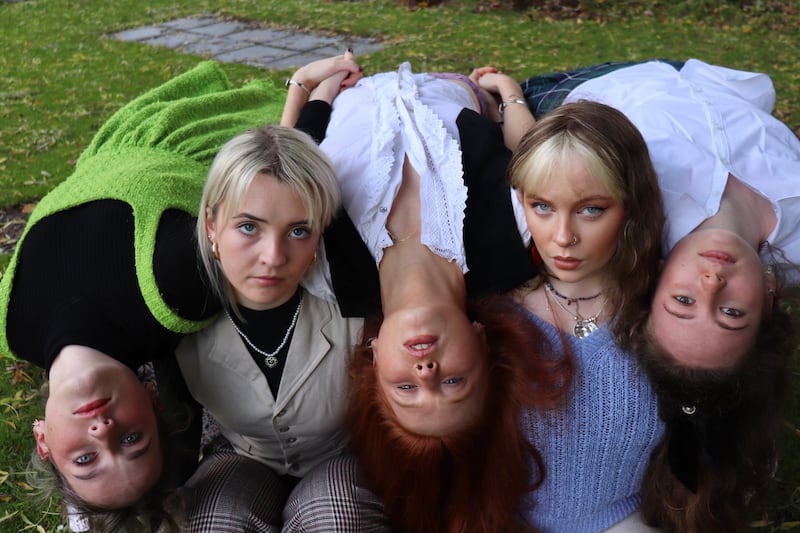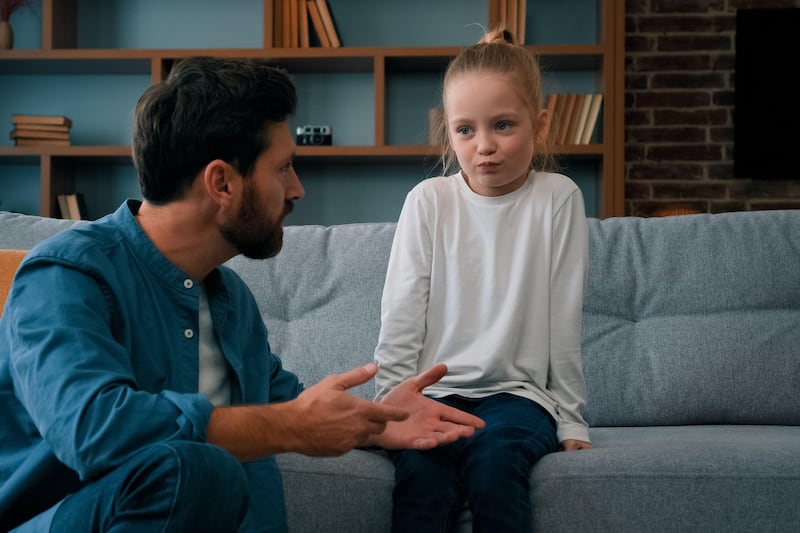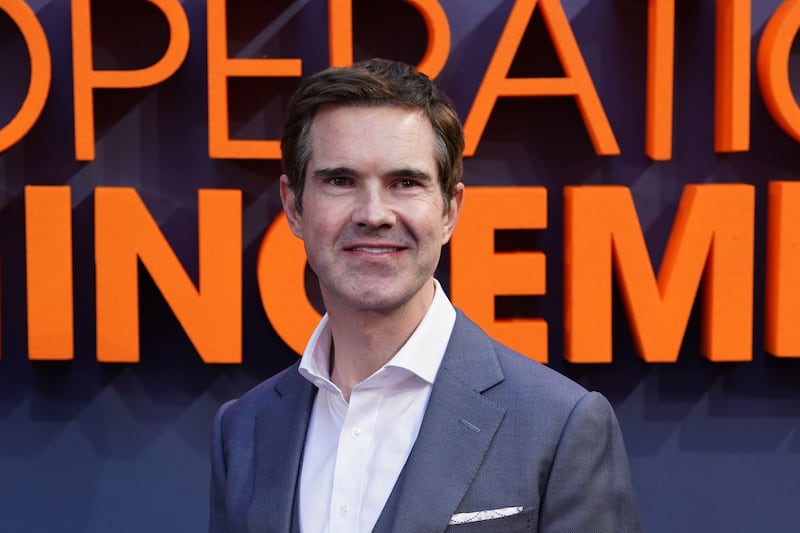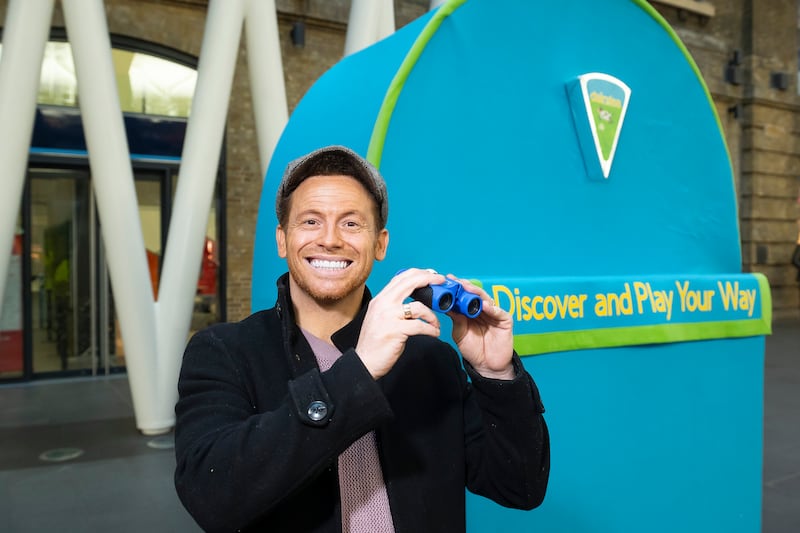Q: What's the best way to talk to my child about race and racism?
A: Behavioural scientist Dr Pragya Agarwal, author of Wish We Knew What To Say: Talking with children about race, says: "Talking about race and racism has to be part of a child's education from a young age. It isn't just for white parents, but for parents of all backgrounds and ethnicities, because in doing so we make children aware of racial inequalities in our society, while also ensuring they have a strong, secure sense of their own identity.
"By dismissing or keeping silent about our race and others', we reinforce the notion that people are not born equal, and allow children to make their own judgement and inferences about racial equality. By saying that 'everyone is the same', we deny our children their own racial and cultural experiences. We also dismiss the fact that racism is still a huge problem in many parts of this world, and we whitewash many significant events of racial crime and segregation in history.
"First, most importantly, we need to work on unlearning our own biases, because what we say and how we act affects our children, and they pick up these messages without us even realising.
"Second, we have to be honest and open with them. Children are inherently curious about differences, be it of skin colour, accent, looks and so on. Don't shush them or avoid their questions, as this gives them a message that talking about race is somehow embarrassing or awkward. Instead, we need to help our children understand and acknowledge differences, while also teaching them that difference in skin colour doesn't mean people need to be treated differently.
"Third, we have to empower our children in knowing they can stand up to racial bullying and make a difference. Saying 'we don't see colour' doesn't equate to meaning 'we aren't racist'. It's not enough to merely tell our children everyone is equal. We have to be actively anti-racist, particularly as they're growing up in a society where nationalistic identities and politics are increasingly taking centre stage.
"We're not all the same, we're all unique individuals, and every child has to know and understand this. We're different, and still we're equal. Saying this to children would actually make them feel more comfortable in their own identity and their own uniqueness. And that strong sense of self-identity is really important for a child's mental and physical wellbeing."
:: Wish We Knew What To Say by Pragya Agarwal is published by Dialogue Books, priced £9.99
